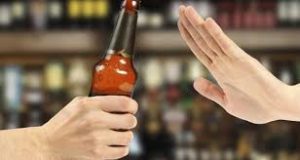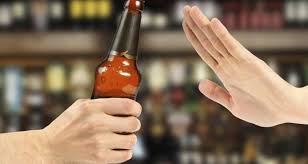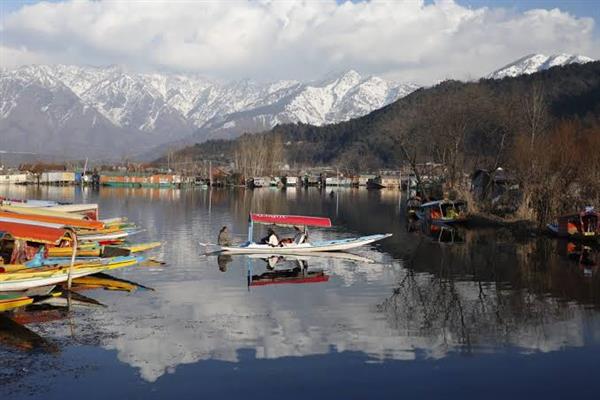Bihar is not the lone state in India which banned liquor trade. States such as Kerala, Nagaland, Gujarat and Lakshadweep have already stopped liquor business.
 Jammu and Kashmir witnessed an increase of 5.4 per cent in liquor consumption in the last fiscal year compared to 2014-15 and the state revenue rose by 20 per cent.
Jammu and Kashmir witnessed an increase of 5.4 per cent in liquor consumption in the last fiscal year compared to 2014-15 and the state revenue rose by 20 per cent.
A total of about 5.75 crore bottles of Indian manufactured foreign liquor, whiskey and beer were consumed during 2015-16 compared to 5.46 crore bottles in the previous fiscal.
These figures were submitted in the Assembly by Finance Minister Haseeb Drabu in his response to a question by BJP MLA Sat Paul Sharma.
The state government earned a revenue of Rs 77.79 crore on account of excise duty on the sale of liquor during the last fiscal, which was 20.6 per cent higher than Rs 61.78 crore earned in 2014-15.
Jammu city, which is divided in two ranges — city north and city south, accounted for more than 45 per cent liquor consumption last year. Over 2.60 crore bottles of various liquor were consumed in the city.
Incidentally, Jammu city had the same percentage in liquor consumption of the state a year earlier as well.
However, liquor consumption in Kashmir Valley shot up by over 25 per cent last year compared to 2014-15. While 29 lakh bottles of liquor were consumed in the financial year 2015-16, the figure for 2014-15 was 22.80 lakh.
The state’s revenue generated by the sale of liquor rose from Rs 3.38 crore in 2014-15 to Rs 5.27 crore last year.
Leh region of the state, which has a population of just over 1.5 lakh has the highest per capita liquor consumption.
More than 28 lakh bottles of liquor were consumed in this cold desert region last year which was almost identical to the figures of 2014-15.
At a time when economically backward states such as Bihar and Nagaland have banned sale of liquor, many people in Kashmir ask will Jammu and Kashmir Government follow suit?
Even as the ban on liquor shall cause Rs 6,000 crore annual loss to Bihar state exchequer, the government’s action there, as per reports, has yielded positive results as the crime graph in the state has begun to come down.
Bihar is not the lone state in India which banned liquor trade. States such as Kerala, Nagaland, Gujarat and Lakshadweep have already stopped liquor business.
Kerala government in the public interest last year banned the liquor trade causing an annual loss of around Rs 12,000 crore to its exchequer.
As per experts, in comparison to Kerala and Bihar, the loss to Jammu and Kashmir government, in case the liquor is banned, would be a meagre Rs 500 crore per annum.
As per the data, in 2015-16, the consumption in the state touched all time high of 573.48 lakh bottles including 143.21 lakh bottles of Indian-made foreign liquor (IMFL), 265.69 lakh bottles desi whisky and 164.58 lakh bottles of beer. The state garnered Rs 531 crore excise duty.
Interestingly, Gujarat, after its formation in 1960 out of Bombay State, continued with the ban on liquor business and still enforces it to this day.
In Nagaland, ban remains enforced since 1989. Under the Nagaland Liquor Total Prohibition Act, 1989, no person(s) is allowed to transport, sell, consume or manufacture liquor. Publishing of advertisements on liquor in newspapers is also prohibited under the Act.
Lakshadweep is only one union territory where complete ban is in place.
States which have experimented with partial or complete ban on liquor include Andhra Pradesh, Haryana, Tamil Nadu, Mizoram and Manipur.
President, Kashmir Chamber of Commerce and Industry, Mushtaq Ahmad Wani said that the government should ban liquor trade. “We have vociferously pleading for banning of liquor trade, as it is the cause of various evils in our society,” he said.
Former president, KCCI, Sheikh Ashiq said: “Our motive is to make JK liquor free. JK government should learn from Bihar, despite its resource constraints the government in Bihar took step and completely banned liquor business which had a huge positive impact on overall social environment there,” he said.






